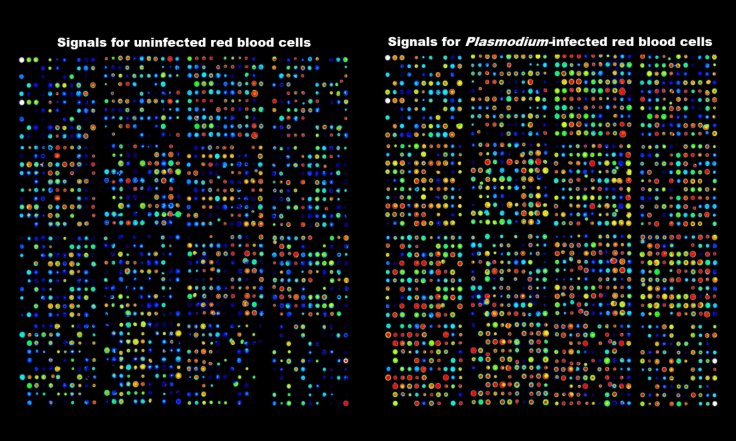Scientists and institutes have invested huge resources to expedite research in COVID-19 over the last eight months since it originated in Wuhan, China. But a completely separate study on malaria has the potential to develop into an antiviral treatment for COVID-19 that has already infected over 20 million people.
The new research that was aimed at malaria treatment targeted enzymes from the human host instead of the virus. This study can be used to repurpose existing drugs, including for cancer, to offer effective treatment for a variety of diseases and even COVID-19.
Christian Doerig, Professor at the RMIT University, Australia, led a team of researchers from across the globe to explore the methods that could save years in the development of drugs. The research paper was published in Nature Communications.

Effective Against COVID-19
The study revealed that pathogens that cause malaria are dependent on enzymes in the red blood cells where they hide and multiply. But some drugs, including for cancer, inactivate those human enzymes. The process, known as protein kinases, is effective in killing the virus. Hence, existing drugs can be used to target the pathogen in any disease.
"These host enzymes are in many instances the same as those activated in cancer cells, so we can now jump on the back of existing cancer drug discovery and look to repurpose a drug that is already available or close to completion of the drug development process," said RMIT's Dr Jack Adderley, who is the lead author of the paper.
Royal Melbourne Hospital's Professor Peter Revill, the Senior Medical Scientist at the Doherty Institute, said the approach was exciting as it could be used for other diseases such as Hepatitis B and COVID-19. "This has proven successful for other human pathogens including malaria and Hepatitis C virus, and there are now very real prospects to use it to discover novel drug targets for Hepatitis B and COVID-19," he said.

Helpful in Reducing Drug Resistance
Other benefits of the approach could be to reduce the emergence of drug resistance in viruses. Since the cancer drugs inactivate the enzymes where the viruses hide, it helps prevent mutation that causes drug resistance.
Doerig, who is the senior author of the paper, believes that drug resistance has become one of the biggest challenges in modern-day medicine. Drug resistance not only occurs in malaria but also in most infections and bacterial diseases.
"We are at risk of returning to the pre-antibiotic era if we don't solve this resistance problem, which constitutes a clear and present danger for global public health. We need innovative ways to address this issue," he said.
"By targeting the host and not the pathogen itself, we remove the possibility for the pathogen to rapidly become resistant by mutating the target of the drug, as the target is made by the human host and not by the pathogen," Doerig added.
The promising results of the research have also attracted the Australian Government. The team has received government funding to find potential application to treat COVID-19. They will now collaborate with the Peter Doherty Institute for Infection and Immunity in Melbourne, Australia to explore potential COVID-19 treatments using the approach.









